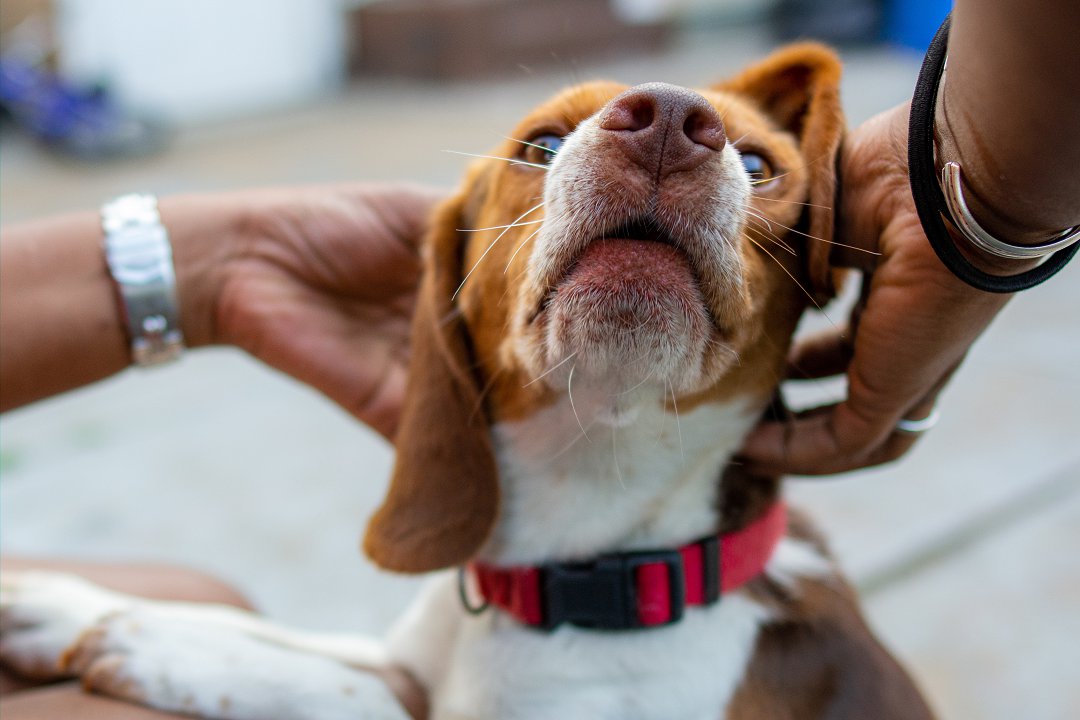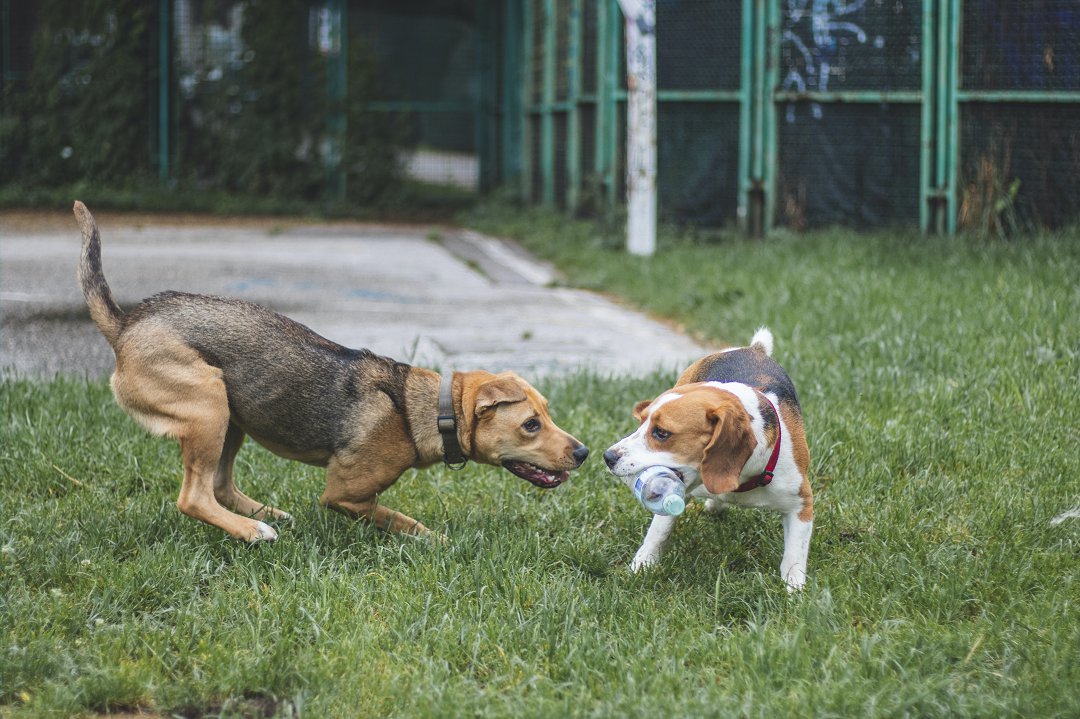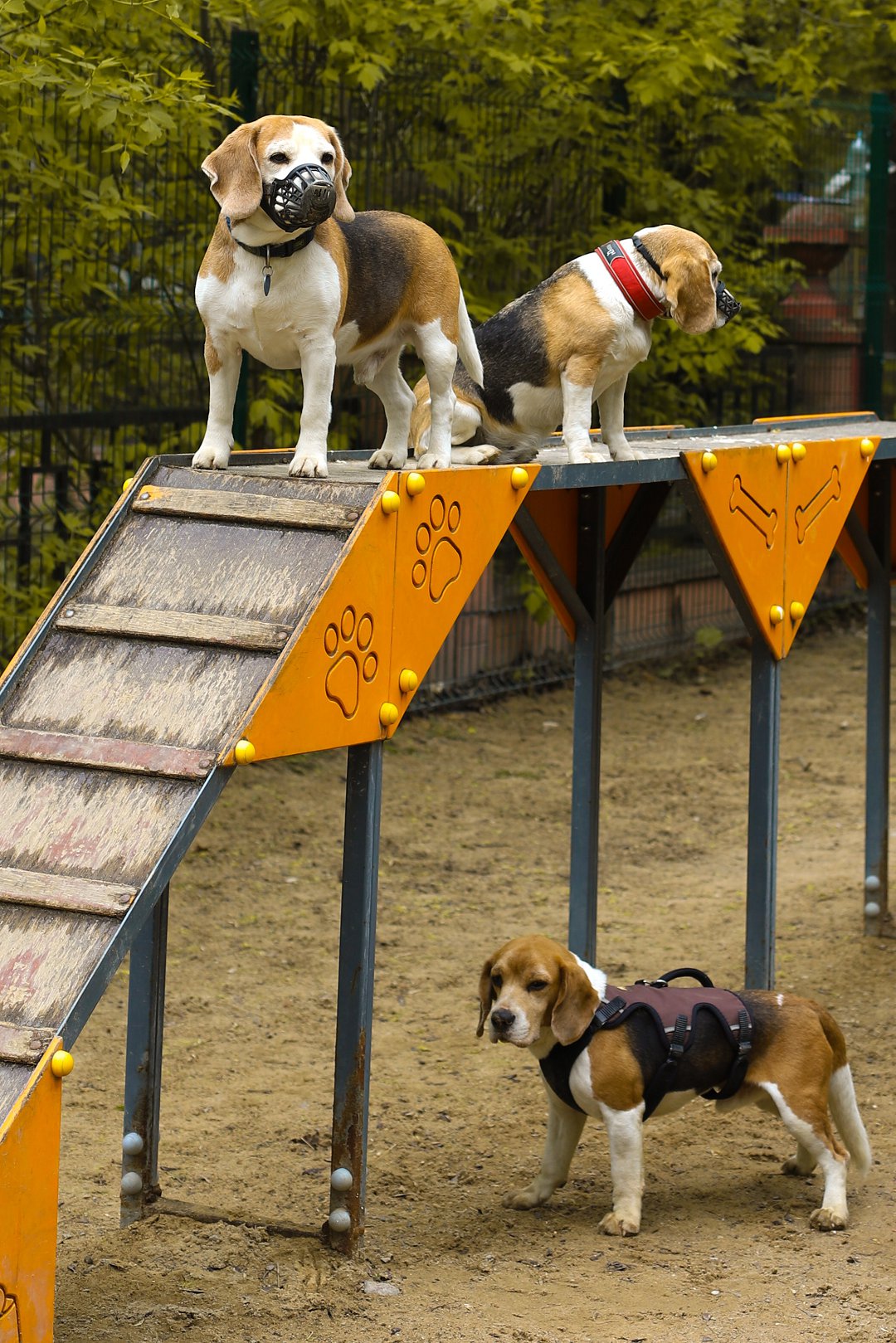Table of Contents
Introduction: Understanding the Nature of Beagle Aggression
Have you ever wondered, “Why has my beagle become aggressive?” It can be quite alarming when a typically friendly and lovable beagle suddenly displays aggressive behavior. But fear not, understanding the nature of beagle aggression is the first step towards finding effective strategies to manage it. Beagle aggression can stem from various factors such as genetic predisposition, lack of socialization, traumatic experiences, pain or illness, fear response, protective behavior, frustration aggression, or even redirected aggression. In this article, we will delve deeper into the reasons behind beagle aggression and explore proactive measures you can take to prevent it. So, let’s unravel the mystery behind your beagle’s aggressive behavior and discover ways to bring peace and harmony back into your home.
Effective Strategies for Managing Beagle Aggression
Aggression in beagles can be a challenging issue for dog owners to deal with. However, there are effective strategies that can help manage and reduce beagle aggression. By understanding the underlying causes and implementing the right techniques, you can create a safer and more harmonious environment for both your beagle and those around them.
1. Identify the Triggers
The first step in managing beagle aggression is to identify the triggers that cause the aggressive behavior. Beagles can display aggression due to various reasons such as fear, resource guarding, dominance, frustration, or redirected aggression. By observing your dog’s behavior and noting the situations that lead to aggression, you can better understand the root cause and tailor your management strategies accordingly.
2. Seek Professional Help
If your beagle’s aggression is severe or persistent, it is advisable to seek professional help from a qualified dog behaviorist or trainer. They can assess your dog’s behavior, provide expert guidance, and develop a customized behavior modification plan to address the aggression issues. Professional intervention can be invaluable in helping you understand why your beagle has become aggressive and how to effectively manage it.
3. Positive Reinforcement Training
Positive reinforcement training is a highly effective technique in managing beagle aggression. By rewarding good behavior and ignoring or redirecting aggressive behavior, you can teach your beagle alternative, more desirable responses. For example, if your beagle becomes aggressive when meeting new dogs, you can use treats and praise to reward calm and friendly behavior, gradually desensitizing them to the presence of other dogs.
4. Provide Adequate Socialization
Lack of socialization can contribute to beagle aggression. Exposing your beagle to a variety of people, animals, and environments from an early age can help them develop positive associations and reduce fear aggression or territorial behavior. Enrolling your beagle in obedience classes or arranging playdates with well-behaved dogs can also aid in socialization.
5. Create a Safe Environment
To manage beagle aggression, it is essential to create a safe environment that minimizes triggers and potential conflicts. This can include:
- Securing fences and gates to prevent territorial behavior or escape attempts.
- Managing resources such as food, toys, and sleeping areas to avoid resource guarding.
- Using baby gates or crates to separate your beagle from visitors or other pets when necessary.
- Providing mental and physical stimulation through interactive toys, puzzles, and regular exercise to prevent frustration aggression.
By implementing these strategies, you can effectively manage and reduce beagle aggression. Remember, understanding the underlying causes and seeking professional help when needed are crucial steps in addressing behavioral issues. With patience, consistency, and positive reinforcement, you can help your beagle overcome aggression and become a well-behaved and happy companion.
Now that we have explored effective strategies for managing beagle aggression, let’s move on to the next topic: preventing aggression in beagles through proactive measures.
Preventing Aggression in Beagles: Proactive Measures to Take
Aggression in beagles can be a concerning issue for many dog owners. It is important to understand that aggression in dogs can stem from various factors such as genetic predisposition, lack of socialization, traumatic experiences, pain or illness, fear response, protective behavior, frustration aggression, and redirected aggression. By taking proactive measures, you can prevent aggression in your beagle and create a safe and harmonious environment for both your pet and your family.
1. Early Socialization
One of the key factors in preventing aggression in beagles is early socialization. Exposing your beagle to various people, animals, and environments from a young age can help them develop positive associations and reduce fear aggression. Consider enrolling your beagle in puppy socialization classes or organizing playdates with other well-behaved dogs to encourage healthy interactions.
2. Positive Reinforcement Training
Positive reinforcement training is an effective method to prevent aggression in beagles. Reward-based training techniques, such as clicker training or treats, can help reinforce desired behaviors and discourage aggressive tendencies. By focusing on rewarding good behavior rather than punishing bad behavior, you can create a positive learning environment for your beagle.
3. Providing Mental Stimulation
Boredom and frustration can contribute to aggressive behavior in beagles. Providing your beagle with plenty of mental stimulation can help prevent aggression by keeping their minds occupied. Engage in interactive play sessions, provide puzzle toys, and consider obedience training or agility exercises to keep your beagle mentally stimulated and content.
4. Consistent and Clear Boundaries
Establishing consistent and clear boundaries is crucial in preventing aggression in beagles. Dogs thrive in an environment where they understand their place in the family hierarchy and know what is expected of them. Consistently reinforce rules and boundaries with positive reinforcement, and avoid using punishment-based training methods, as they can exacerbate aggression issues.
5. Regular Exercise and Physical Activity
Beagles are an active breed that requires regular exercise to maintain their physical and mental well-being. Lack of physical activity can lead to pent-up energy and frustration, which may manifest as aggression. Ensure your beagle receives daily exercise through walks, runs, or play sessions to help prevent behavioral issues, including aggression.
By implementing these proactive measures, you can significantly reduce the likelihood of aggression in your beagle. However, if your beagle continues to exhibit aggressive behavior despite your efforts, it is essential to consult with a professional dog trainer or behaviorist. They can provide specialized guidance and support tailored to your beagle’s specific needs. Remember, prevention is key, and by addressing aggression early on, you can ensure a happy and well-adjusted beagle.
FAQs About: Why Has My Beagle Become Aggressive
How can I determine the cause of my beagle’s aggression?
Understanding the cause of your beagle’s aggression is crucial in addressing the issue effectively. Some common causes include lack of socialization, traumatic experiences, pain or illness, fear response, protective behavior, frustration aggression, and redirected aggression.
What are some signs of aggression in beagles?
Beagles may display various signs of aggression, such as growling, snapping, biting, lunging, raised hackles, stiff body posture, excessive barking, and showing teeth. It’s important to recognize these signs early on to prevent any potential harm or escalation.
Can beagle aggression be genetic?
Yes, beagles, like any other breed, can have a genetic predisposition towards aggression. It’s essential to consider the dog’s lineage and breeding history when addressing behavioral issues. However, it’s important to note that genetics alone do not determine aggression, and environmental factors play a significant role as well.
How can I prevent aggression in my beagle?
Preventing aggression in beagles involves proactive measures such as early socialization, positive reinforcement training, providing mental and physical stimulation, ensuring a consistent and structured environment, and addressing any underlying health issues promptly. By taking these steps, you can reduce the risk of aggression developing.
Can aggression in beagles be treated?
Yes, aggression in beagles can be managed and treated with the right approach. Consulting with a professional dog trainer or behaviorist experienced in dealing with aggression is highly recommended. They can assess the situation, provide personalized strategies, and guide you through behavior modification techniques to address the aggression effectively.
What should I do if my beagle displays aggression?
If your beagle displays aggression, it’s crucial to prioritize safety for both yourself and others. Avoid punishing or reinforcing aggressive behavior and seek professional help. In the meantime, you can implement management strategies like using a muzzle, separating the dog from potential triggers, and providing a safe space for the dog to calm down.






Leave a Reply